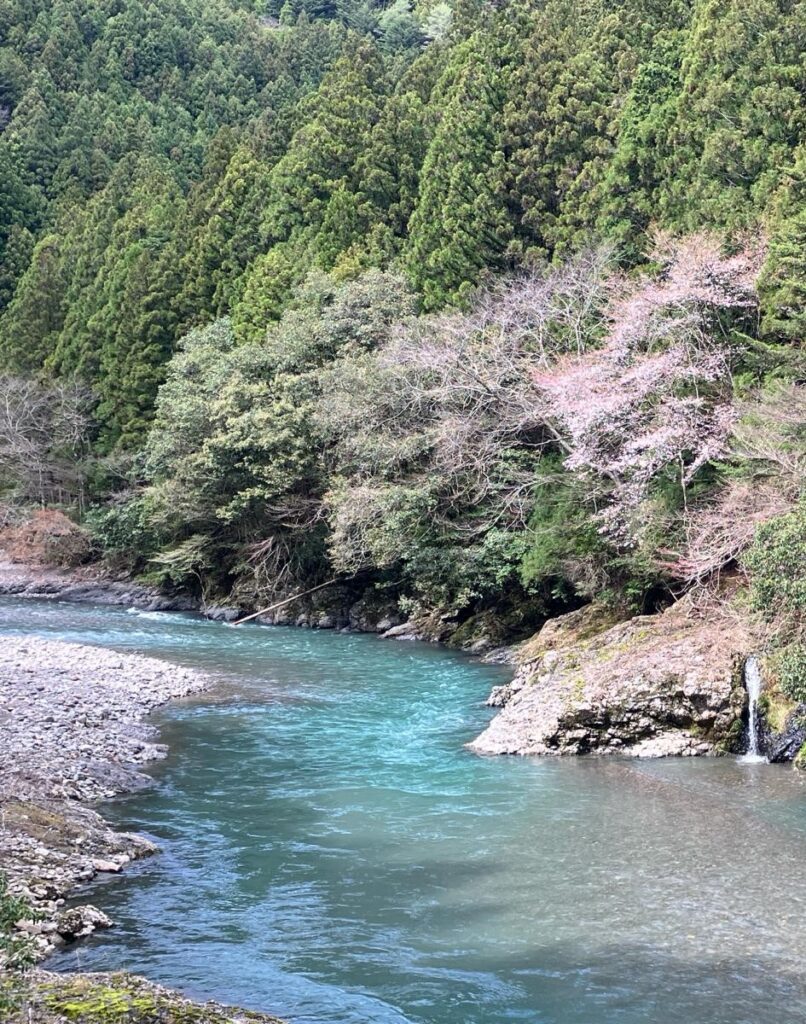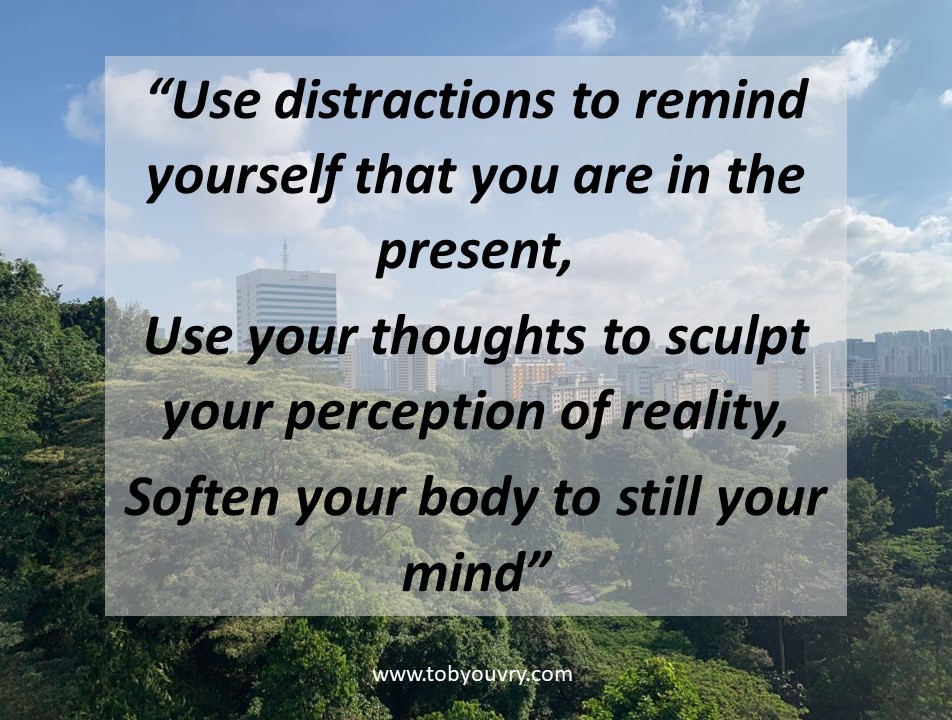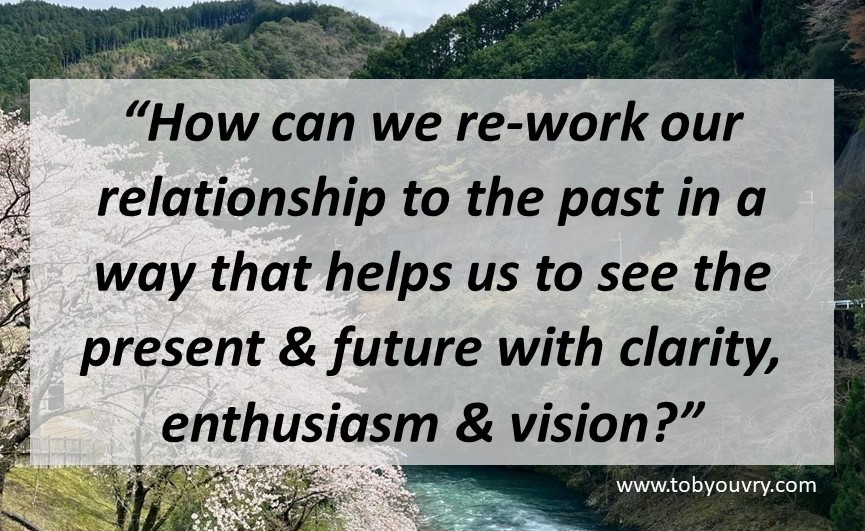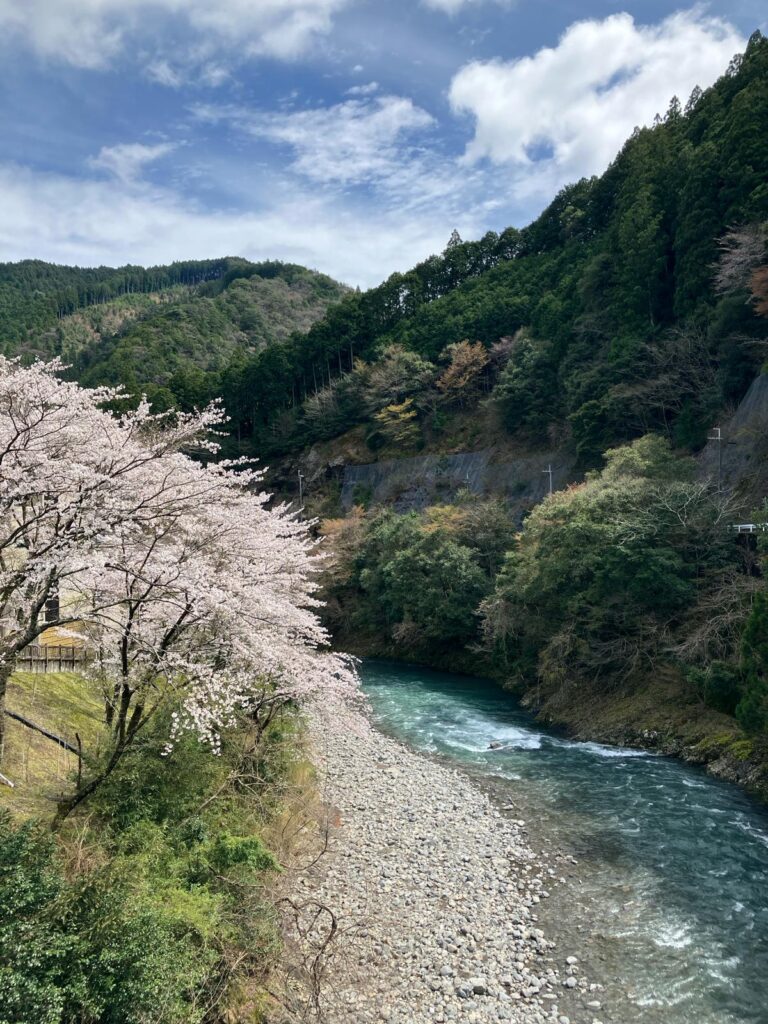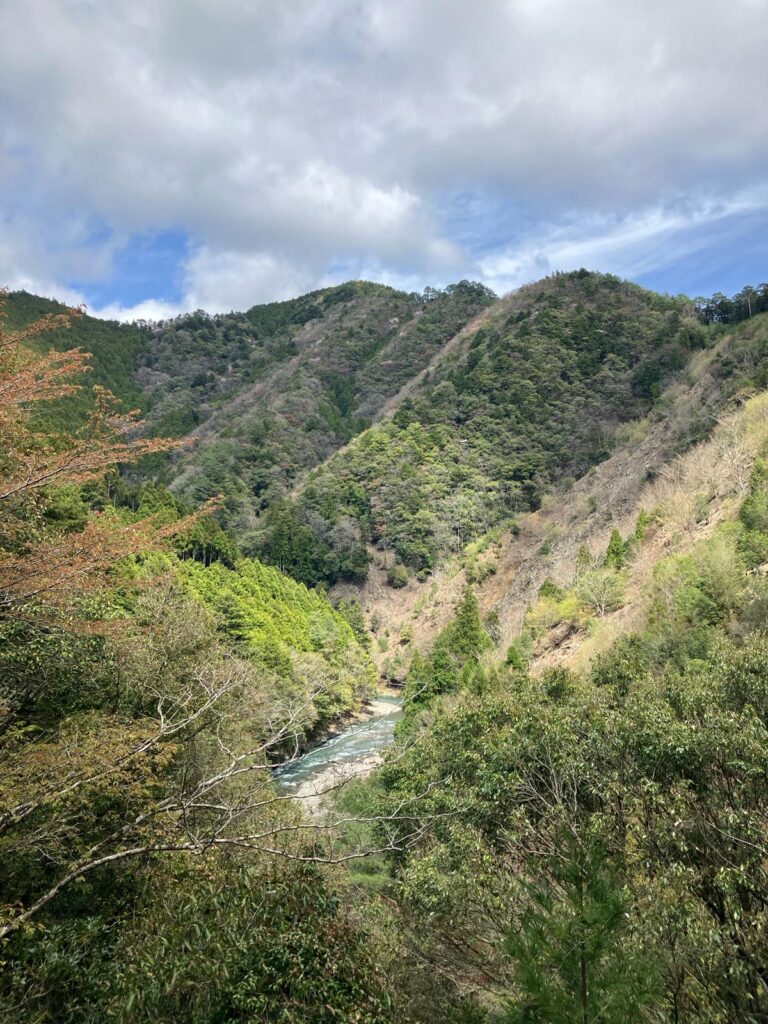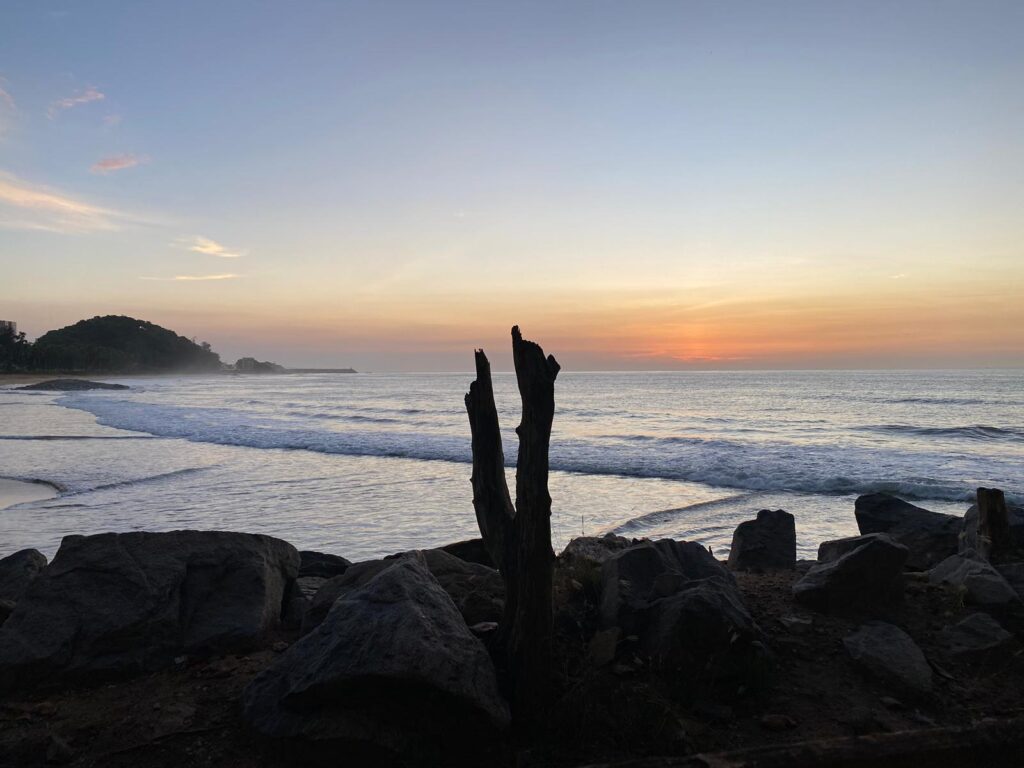“If we can start to spot our security obsessed, controlling inner ‘power-god’, we can then start to ‘transcend and include it’, building a healthy sense of our own inner power, confidence & agency”
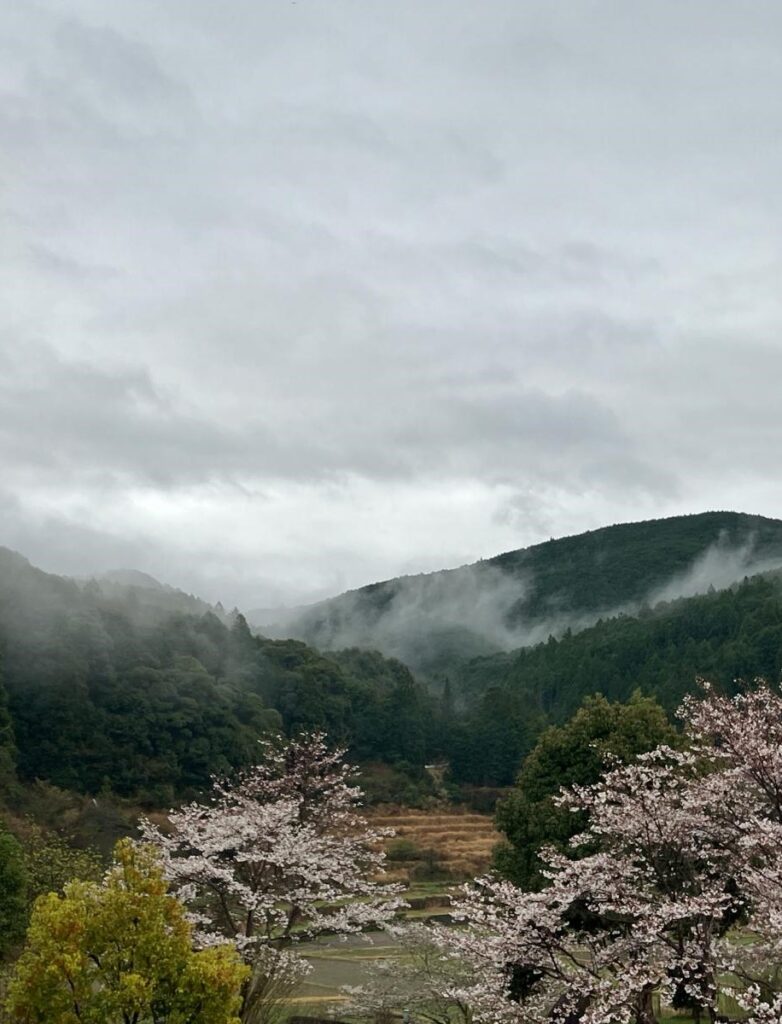
Dear Integral Meditators,
This week’s article explores ways to be mindful of the role of power in your life. In particular, it looks at ways to become aware of the origins of your sense of power from childhood, and ways in which it continues to play out in our adult life.
Heads up for two new sessions in May:
Saturday 11th May, 9-10.30am – Get Your Meditation Practice Started Now – The Shortest and Most Time Effective Meditation Workshop Ever
Saturday May 11th, 11am-12.15pm – Medicine Buddha Healing meditation
In the spirit of mindful power,
Toby
Mindful of – Your inner sense of power
The quest for security & control
Around the ages of 4-7, we enter a stage of development where psychologically:
- We know that we exist in the world as something separate, we have developed a ‘1st person’, ‘I’ or ‘me’ space
- We start to feel, because of this a strong need for security, and to be in control
This stage of development is sometimes called the ‘power-god’ stage, because of this need for control and power, the world needs to be dominated by ME!
If you practice a little inner reflection, you’ll probably discover some manifest traces of this stage in you still. Things to look out for are:
- Strong, selfcentred desires for power & control, underneath which are insecurity and anxiety
- Drives for absolute control & compliance by others
- All glorification of personal power
Sometimes this can also be projected outward, looking for outer ‘powergods’ to follow fanatically (eg: WWE type wrestling matches).
Sometimes this level ‘sleeps’ in people until they get into a position of power, and then takes over. Like a good employee who becomes the boss, and then changes as the power ‘goes to his or her head’. You may have examples of people you know whom this has happened to. Power corrupts, and when someone with a lot of this stage left in them gets power, there can be a swift regression to a five-year-old power god, but in an adult body!
What happens if it stays like this?
Parts of us stuck at this level can manifest as ‘addictions or allergies’:
Addiction behaviour would be people stuck in narcissistic, ‘egocentric’, ‘me-mine’ perspective. They can’t take the role of other. The world remains a ‘control or be controlled’ environment (Think Stalin, Hitler, Poll Pot, Putin)
Allergy: Your inner critic – An introjected power-god?
People who have repressed their exaggerated power drives in people often ‘introject’ it (project it internally upon ourselves) as the “inner-critic” or “inner-controller”, that is often the internalized from an ‘other’ (eg: a parent or teacher) experienced when we were at the ‘power-god’ stage of our child development. This ‘inner critic’ or dictator voice is something that many people suffer from. It is a kind of negative perfectionism that can never be satisfied, no matter what you do!
A balanced relationship to power & control
So, if we can start to spot our security obsessed inner ‘power-god’, we can then start to ‘transcend and include it’, and then build a balanced sense of our own inner power and confidence. A balanced, mature approach to power would include things like:
- An appropriate, realistic sense of our own personal power and will & that we use to forge out life path with responsibility and agency
- A sense of our own ability to control our life & destiny in a way that invites others to do likewise, without needing to dominate or control them
- The ability to be ‘powerful & polite’ in the face of bullies and retarded ‘adult power-gods’ that we meet in the outer world!
Well-articulated personal power is a wonderful thing. By understanding the ‘power-god’ stage of our childhood development, we can go beyond it, and become a truly powerful adult, and use it as a benevolent force in our life and the world.
Related reading: Liberating your Personal Power
Willpower as Your Object of Mindfulness
Self-responsibility – Becoming a self-determining entity
Article & content © Toby Ouvry 2024, you are welcome to use or share this article, but please cite Toby as the source and include reference to his website www.tobyouvry.com
Follow Toby on: LinkedIn, YouTube, Instagram
Integral Meditation Asia
Online Courses * 1:1 Coaching * Books * Live Workshops * Corporate Mindfulness Training *Life-Coaching * Meditation Technology
